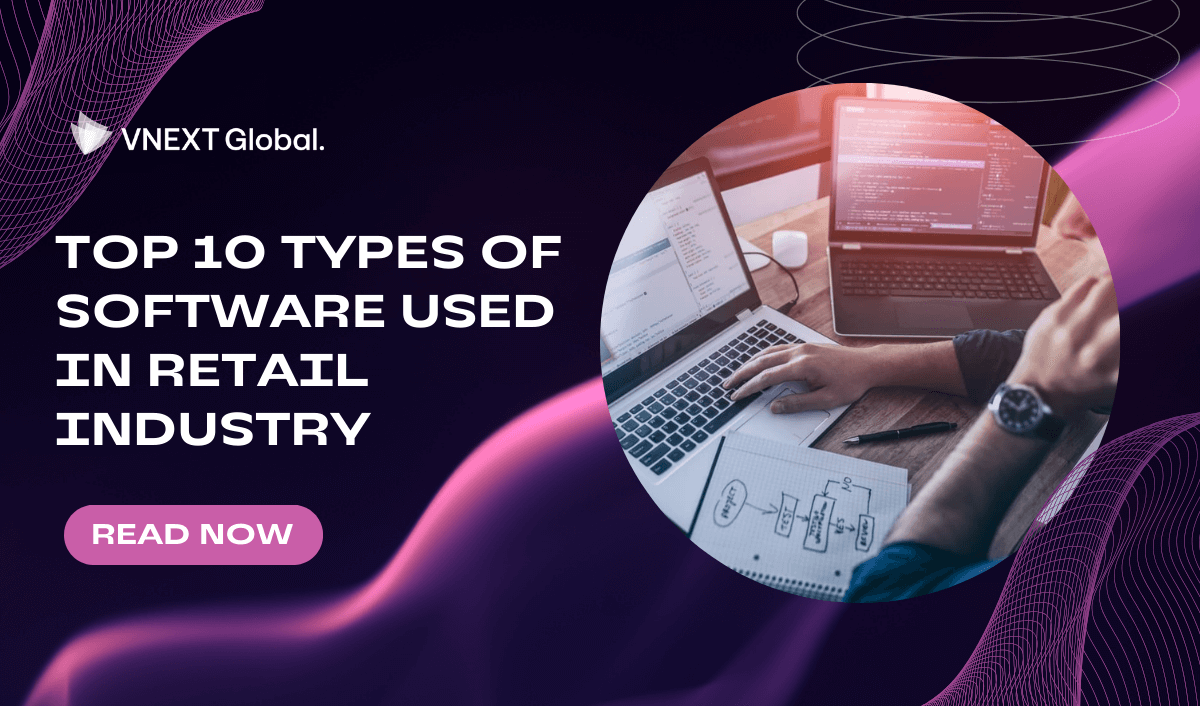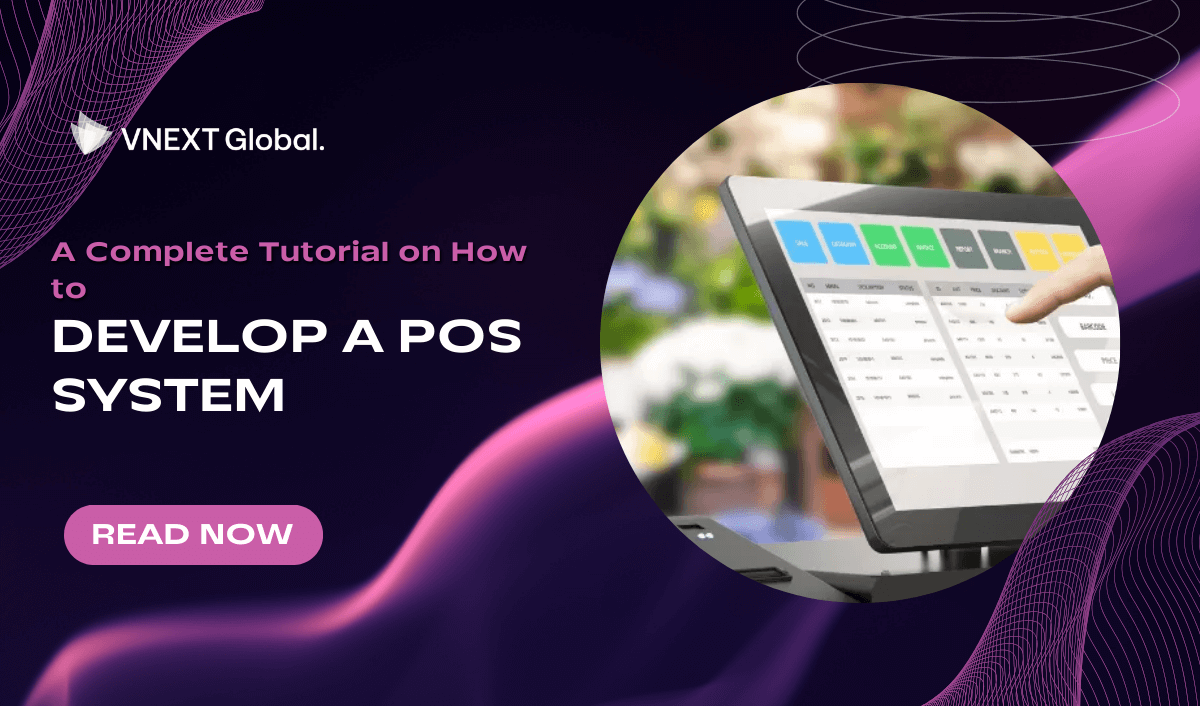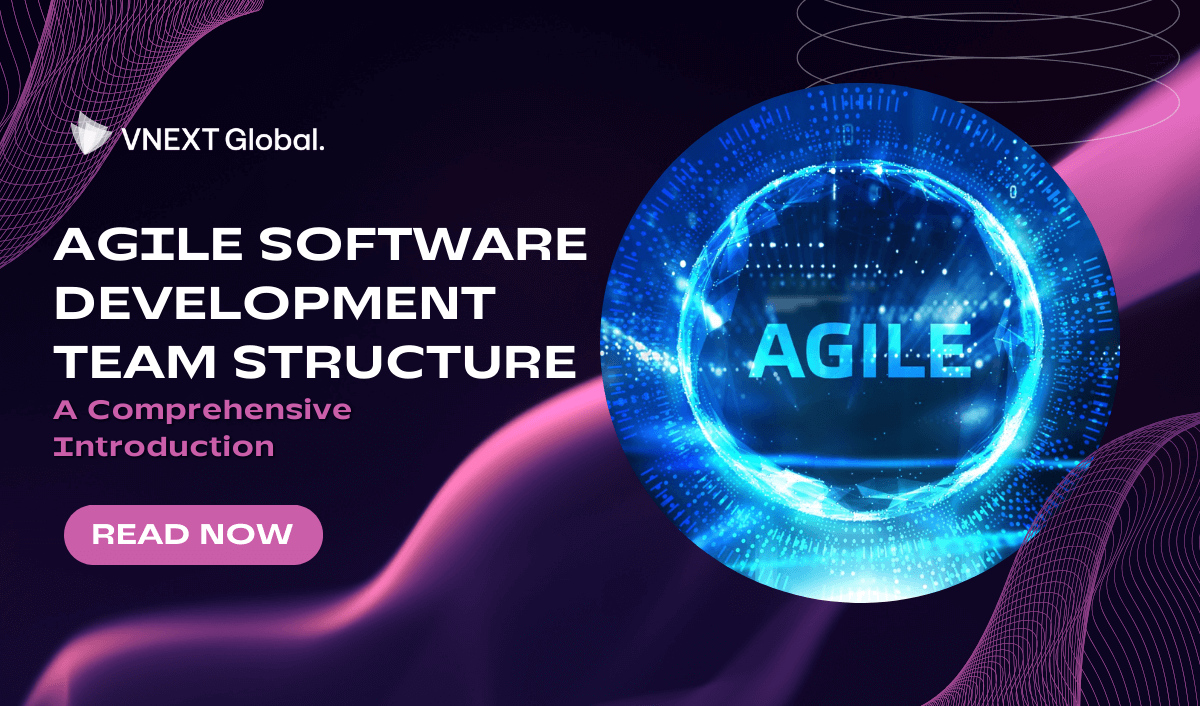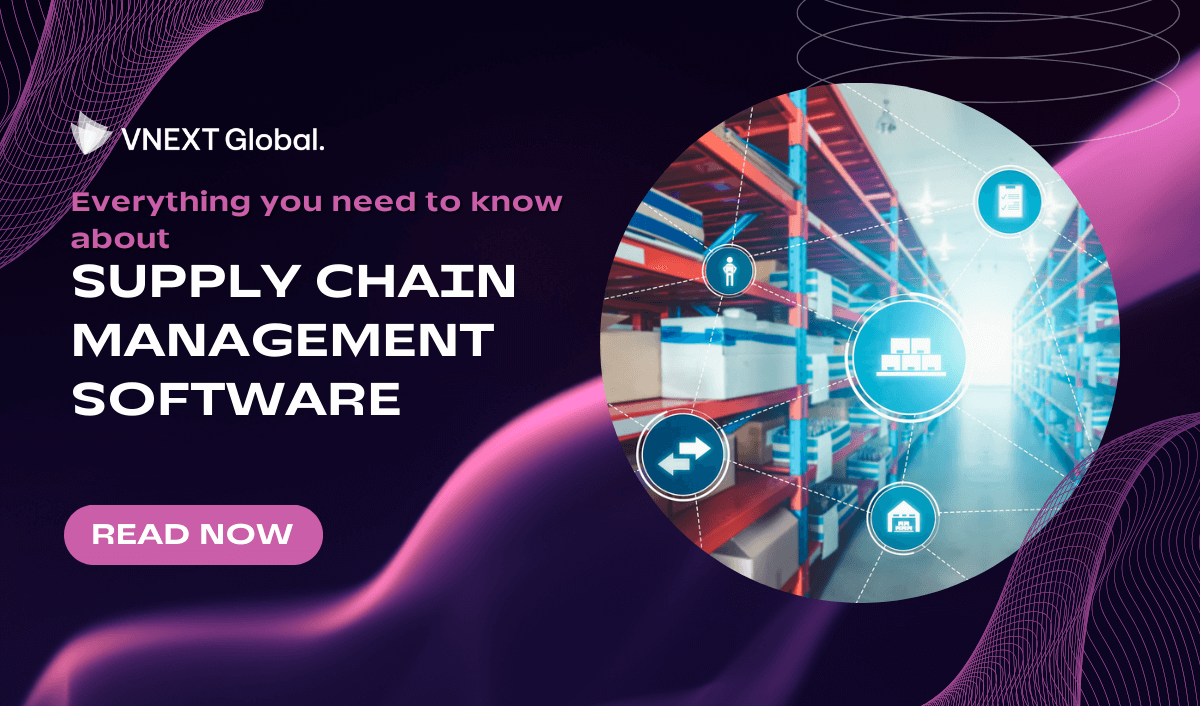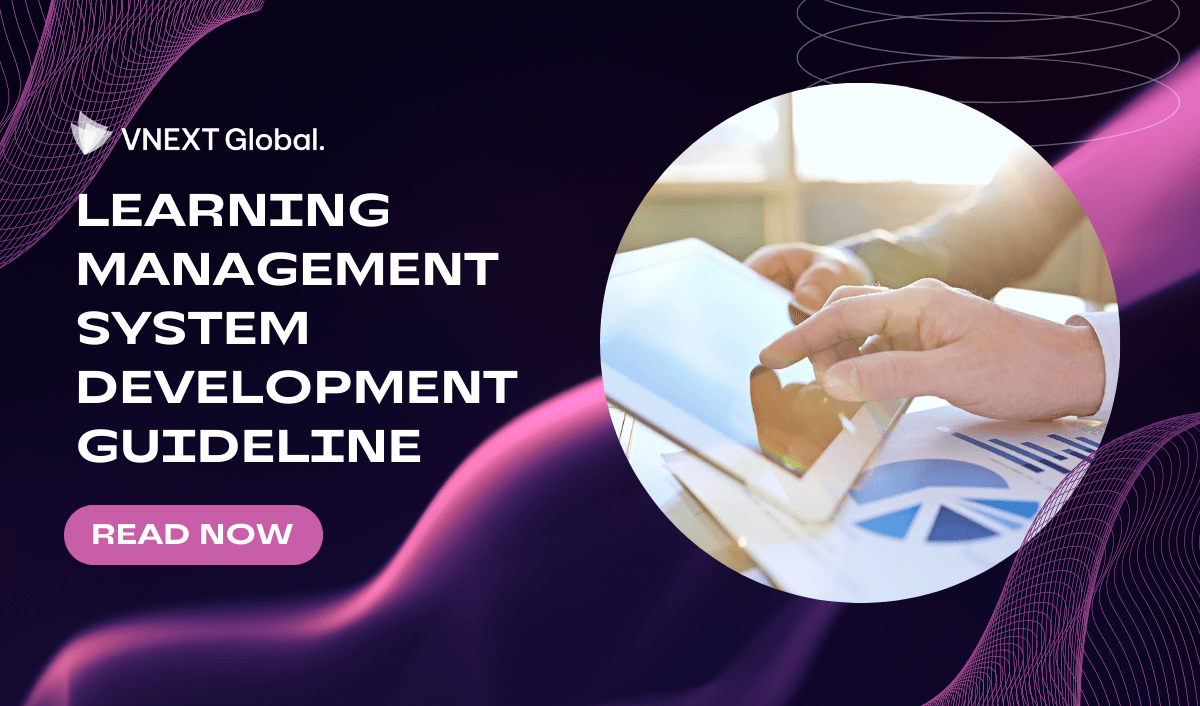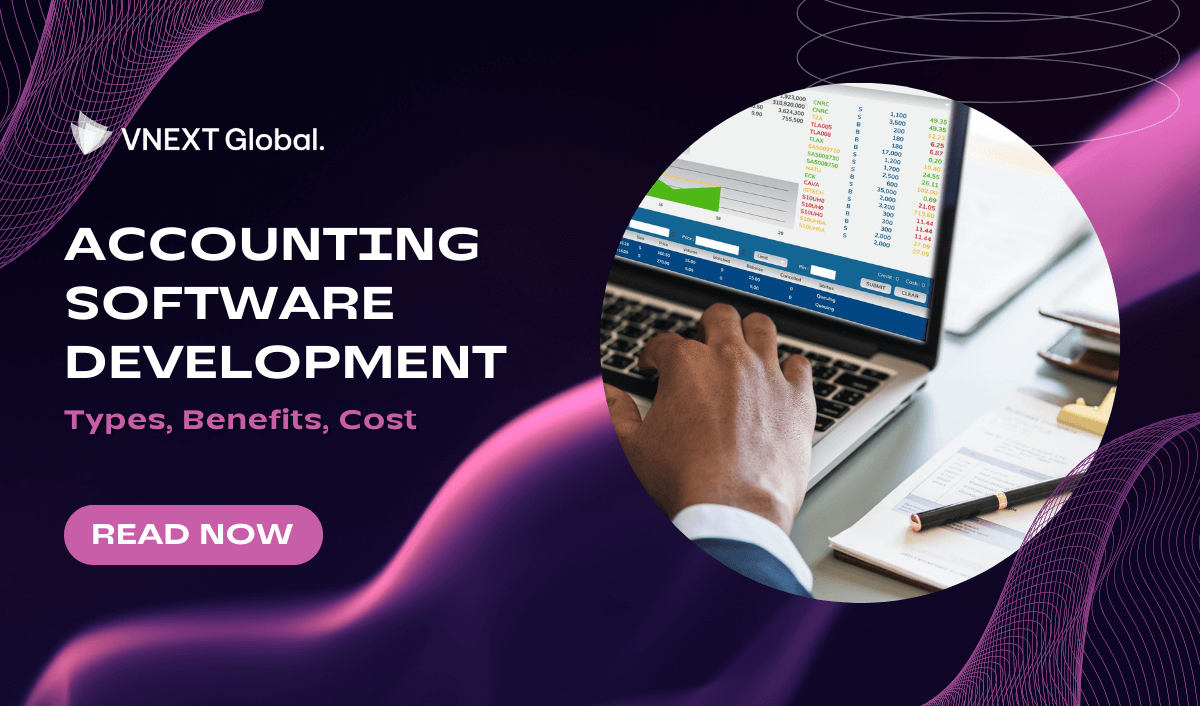Since its inception, blockchain constantly contributes innovations to the finance industry. Because blockchain is decentralized, it sharply transforms traditional financial operations, leading to more sophisticated and efficient solutions. In this article, VNEXT Global, a blockchain development company in Vietnam, will list some outstanding blockchain applications in finance.
How is blockchain used in finance? The answer by VNEXT Global
1. DeFi (Decentralized Finance)
Decentralized finance (DeFi), an application of blockchain in finance, includes cryptocurrencies, stablecoins, liquidity mining, yield farming, and other blockchain-based financial products.
Key benefit of DeFi is that there is no single body in charge of overseeing everything. Instead, P2P (peer-to-peer) is used for all interactions and transactions. This expedites the procedure while reducing the possibility of errors or deliberate fraud.
Because there is no proxy in place to veto any actions, decentralized finance breaks down the boundaries of what may be accomplished by this or that person. Physical restrictions are no longer an issue because everyone with a reliable connection has access to all DeFi services.
Since the data is immutably saved on the ledger, all transactions and operations performed with the aid of DeFi are secure. This implies that all parties can always verify the pertinent data. Nobody, however, has the authority to alter anything. This creates a possibility for risk-free yet secure financial contact.
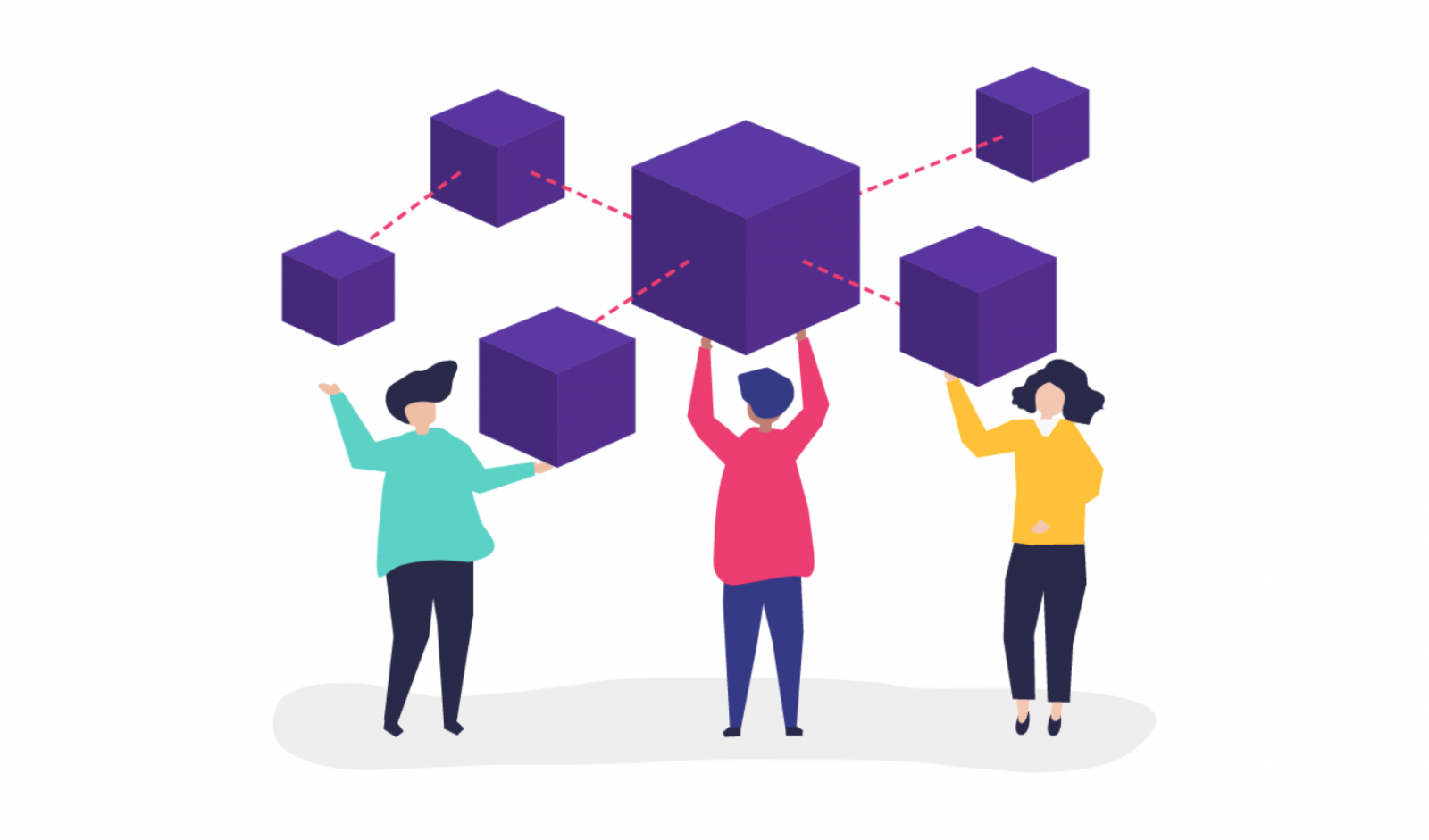
2. Cryptocurrencies
Cryptocurrencies is a variant of blockchain in finance. Everyone must have heard about Bitcoin, the first cryptocurrency ever established. The cryptocurrency market has grown dramatically since the invention of Bitcoin (BTC), gaining new platforms and their native coins: Ethereum (ETH), Tether (USDT), Binance Coin (BNB), Cardano (ADA), and many more.
Similar to how you would use fiat money, you may utilize cryptocurrencies for a variety of financial transactions like loans and payments. However, because there are no middlemen involved, transactions using crypto currency are completed considerably more quickly.
In terms of increased security, smart contracts and cryptographic algorithms are used to conduct transactions in cryptocurrency. They are far more secure as a result compared to standard digital payments, where there is a significant chance that information could be stolen while money is being handled by banks and payment processors.
Additionally, using bitcoins lowers the costs associated with cross-border transactions. By the end of 2030, the use of blockchain technology would save banks more than $27 billion on international transactions, according to recent research.
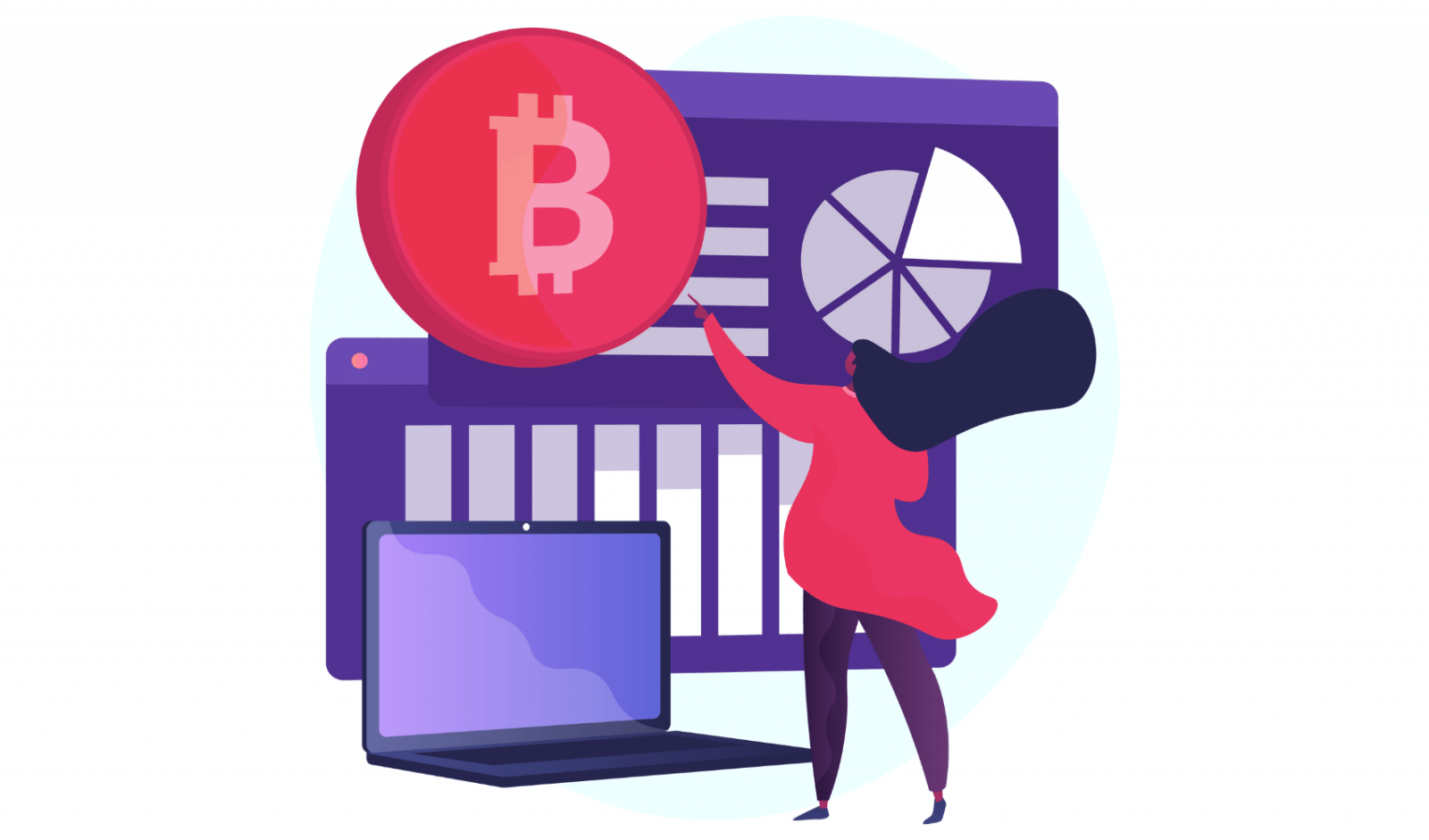
3. NFTs
NFTs (Non-fungible tokens) is also an application of blockchain in finance.They are cryptographic assets on a blockchain that can be distinguished from one another by their distinctive identifying codes and metadata.
They cannot be bought or exchanged for equivalent amounts like cryptocurrencies can. This contrasts with fungible tokens, like cryptocurrencies, which are interchangeable and can thus be used as a medium for business transactions.
The two most common NFT uses in finance are tokenization and loan collaterals.
With a JPEG image, vital documents (like insurance or vouchers), tokenization is the ideal way to unmistakably prove your ownership of the item. The name of the originator is recorded on the ledger permanently along with all other associated metadata for an NFT.
There are now a number of NFT marketplaces, such as OpenSea, Nifty Gateway, KnownOrigin, Rarible, etc., where you may quickly convert your assets into non-fungible tokens.
While some of the marketplaces combine all NFT types, others are focused on just one.
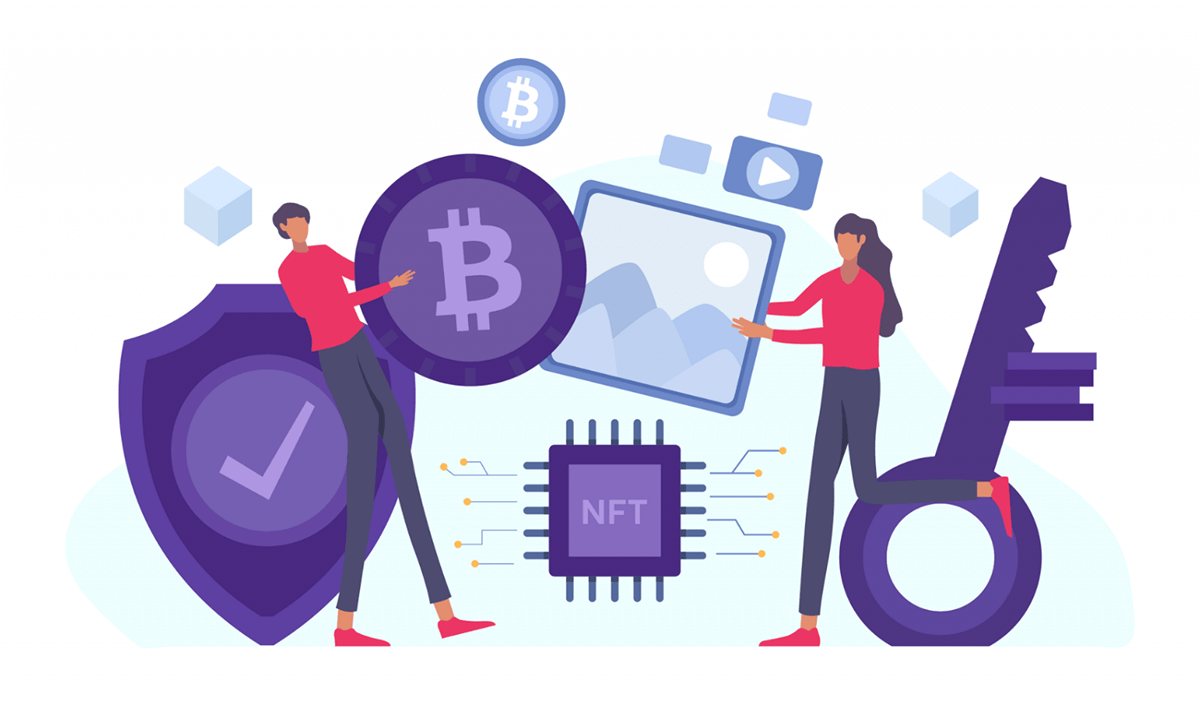
4. DAOs
DAOs is another blockchain application in finance.DAOs (decentralized autonomous organizations) refers to a type of blockchain-based organization that is run by its users and without a central authority. DAOs are employed for tasks like fundraising, pool investing, gathering, or creating networks of independent contractors.
Voting on the platforms is made possible via unique governance tokens. The quantity of these tokens serves as a proxy for voting power.
Any effort to carry out actions that are not specified in the contracts will fail, because DAOs execute smart contracts. Furthermore, no financial transaction may be carried out without the unanimous consent of all members.
Uniswap, DAOstack, Augur, Aragon, and Curve DAO are some of the best DAOs.
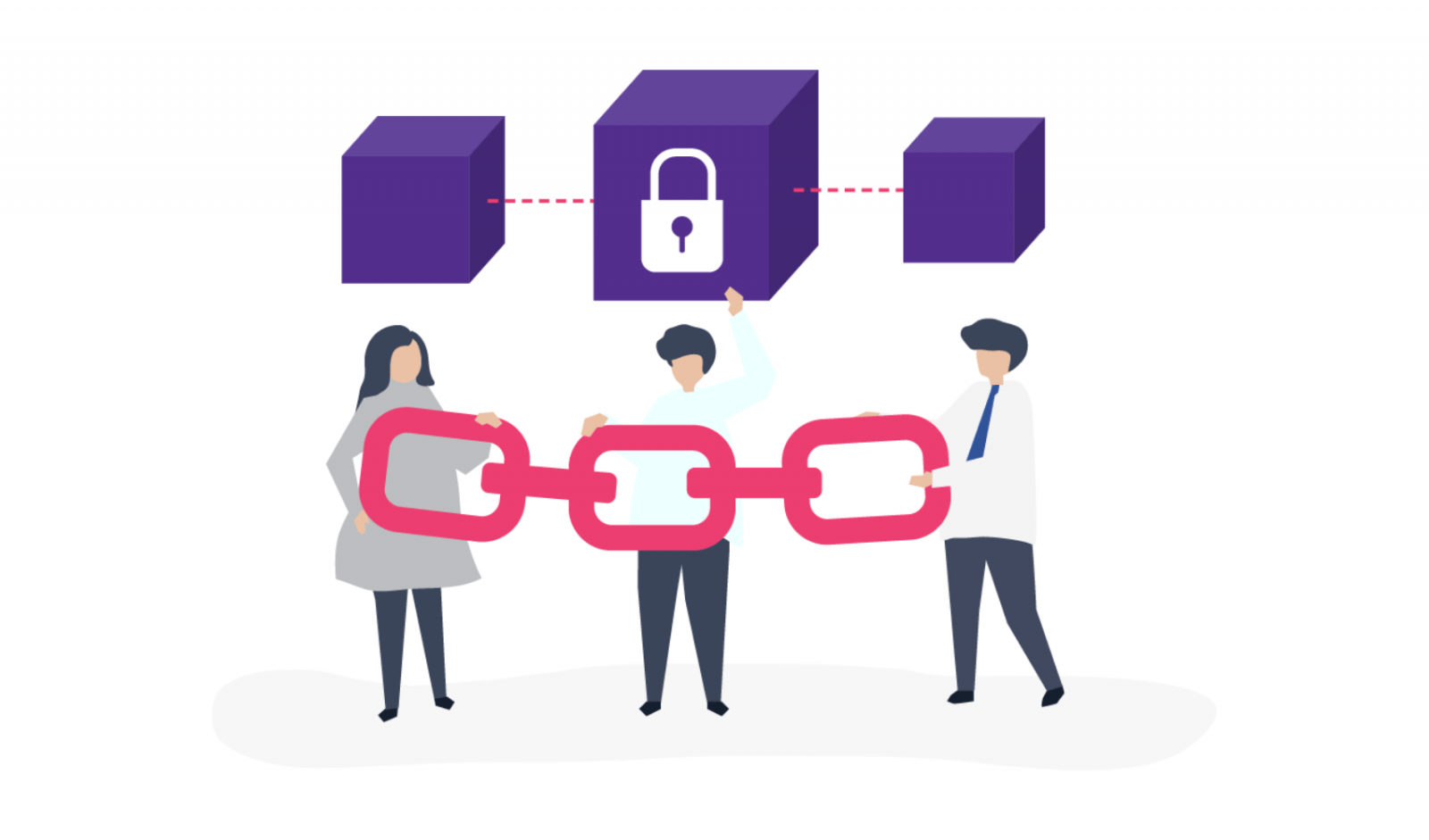
5. STOs
STOs (Security token offers), an application of blockchain for finance, effective tools for raising money. By 2025, it is predicted that the STO market would grow to $8 trillion.
Different types of assets are represented by STOs, namely bonds, investment funds, works of art. STOs must adhere to securities laws and regulations..
Better liquidity, effective and straightforward management of digital assets, high levels of accessibility, and the potential for fractional ownership are all provided by STOs.
STOs make use of smart contracts, which can automate legal and auditing processes and contribute to the safe storage and exchange of data.
Polymath, Securitize, Swarm, and Securrency are examples of STO platforms.
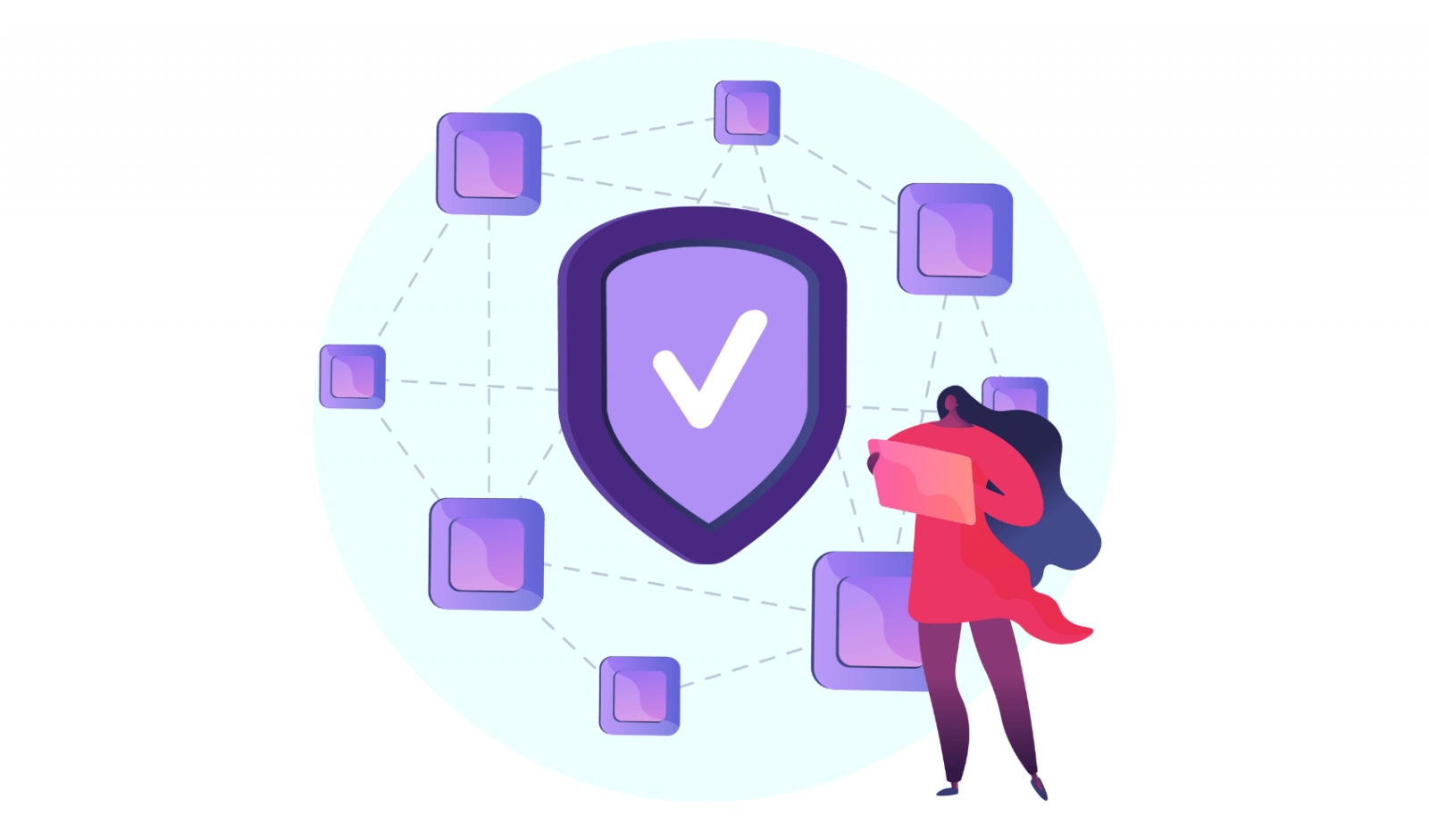
6. Smart Contract
Another blockchain application in finance is smart contracts. They are blockchain-based algorithms that carry out predefined action sequences. Smart contracts automate numerous repetitive tasks, greatly reducing time consumption and cutting out intermediaries.
Smart contracts also improve safety measures because no action can be taken without it being incorporated into the contracts. The contract cannot be modified when it is added to the blockchain; it is there for all time. Because of this, the technology is particularly advantageous in terms of both security and efficiency.
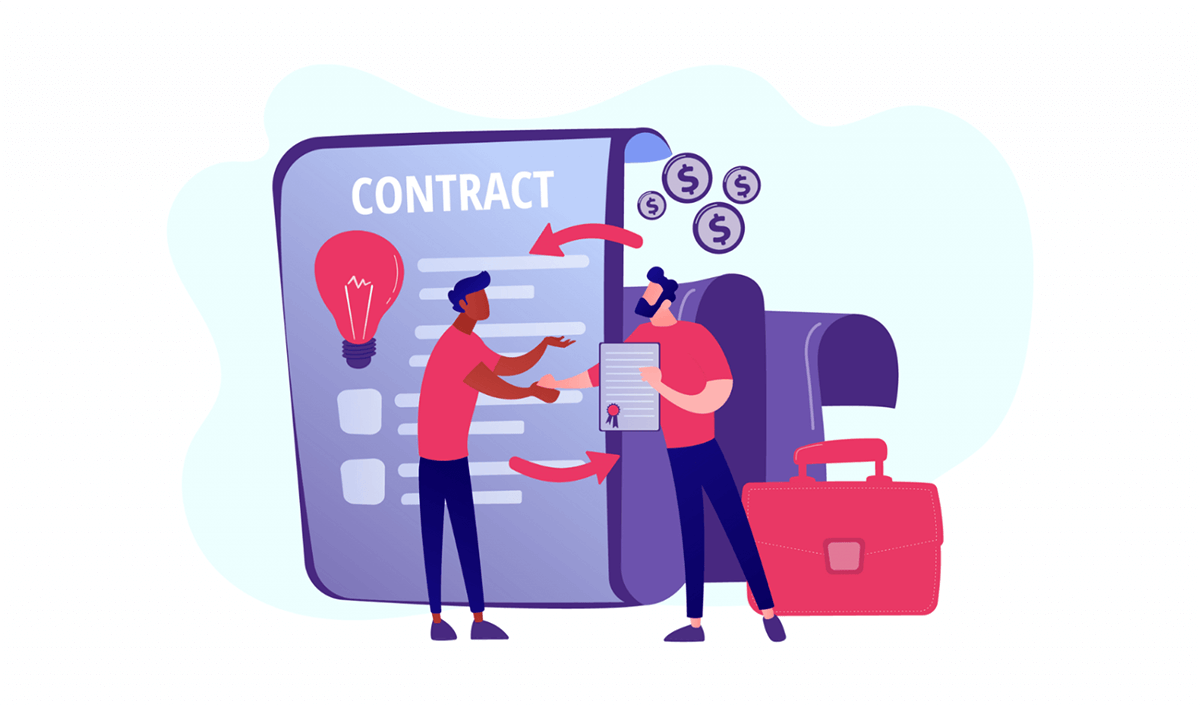
Final thought
The existing centralized financial system has many drawbacks that blockchain addresses, such as the cost of cross-border transactions. Blockchain applications in finance offer a plethora of ground-breaking technologies that are revolutionizing the way we handle finances, making transactions quick, safe, and dependable. Blockchain in finance is equally beneficial for start-ups, providing them with cutting-edge financial solutions, as they are for well-established firms, allowing them to enhance productivity and customer satisfaction.
If you are looking for a trusted IT partner, VNEXT Global is the ideal choice. With 14+ years of experience, we surely can help you to optimize your business digitalization within a small budget and short time. Currently, we have 400+ IT consultants and developers in Mobile App, Web App, System, Blockchain Development and Testing Services. We have provided solutions to 600+ projects in several industries for clients worldwide. We are willing to become a companion on your way to success. Please tell us when is convenient for you to have an online meeting to discuss this further. Have a nice day!


